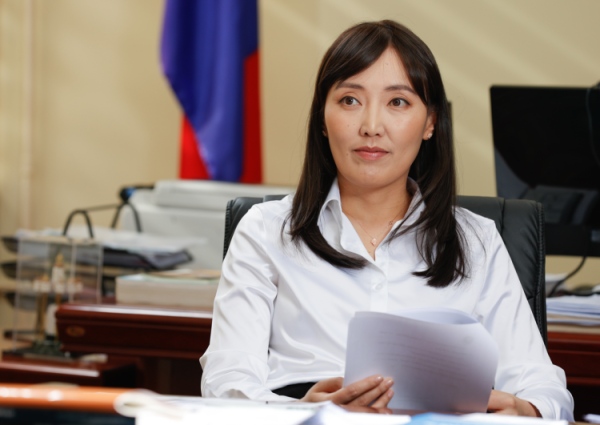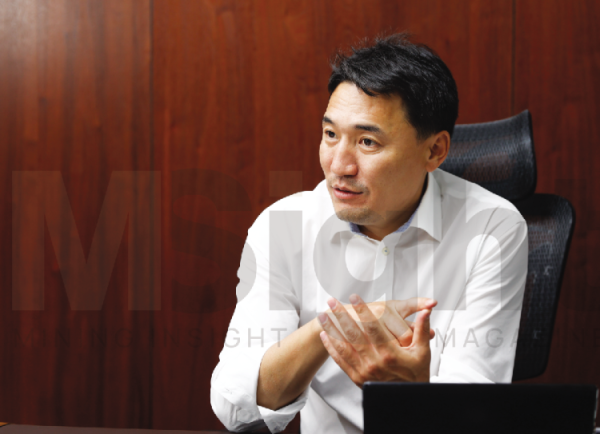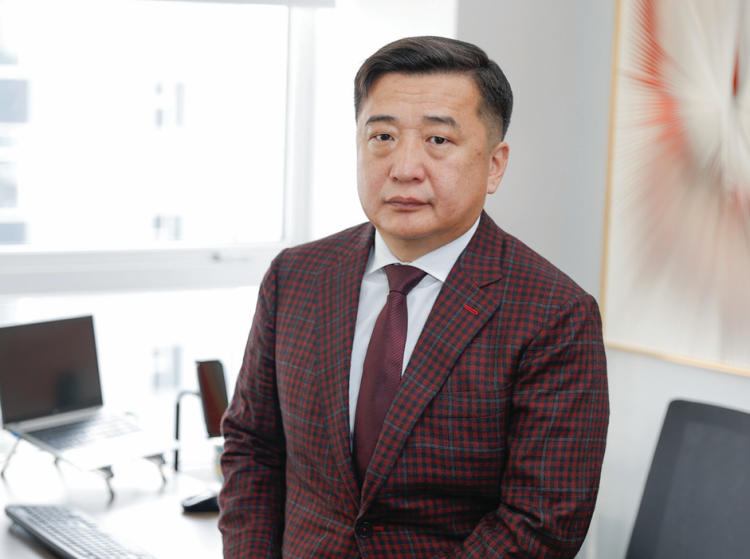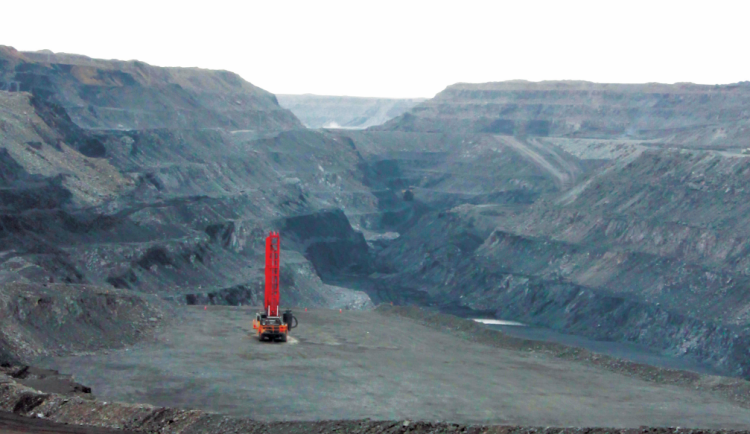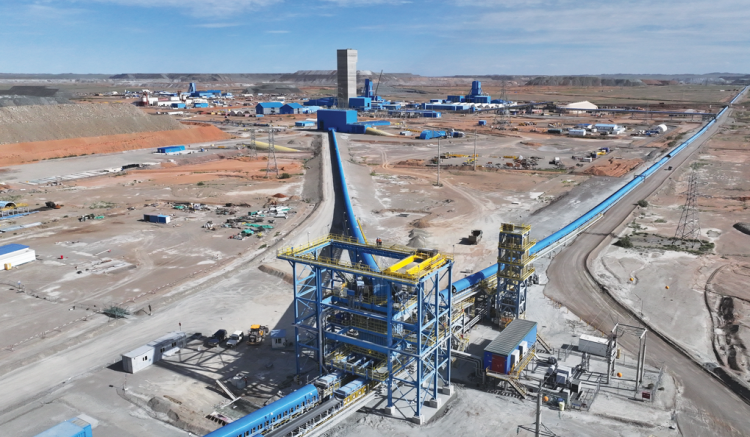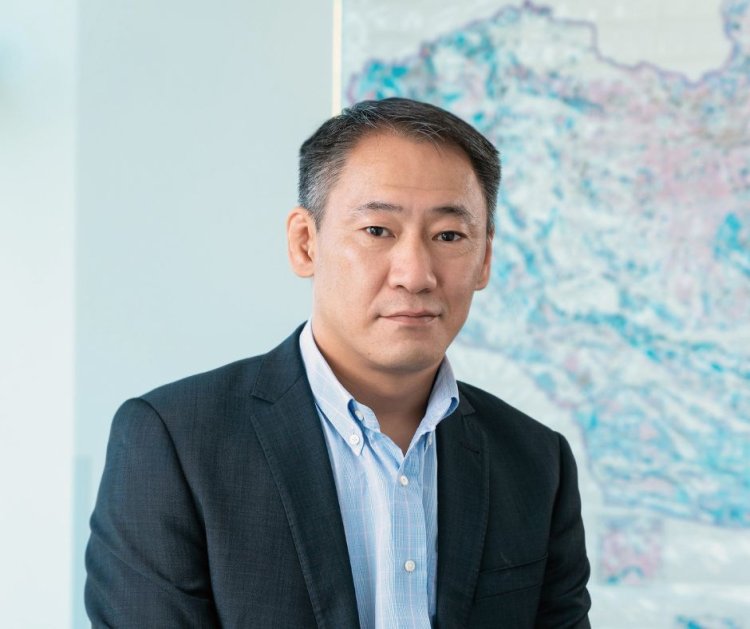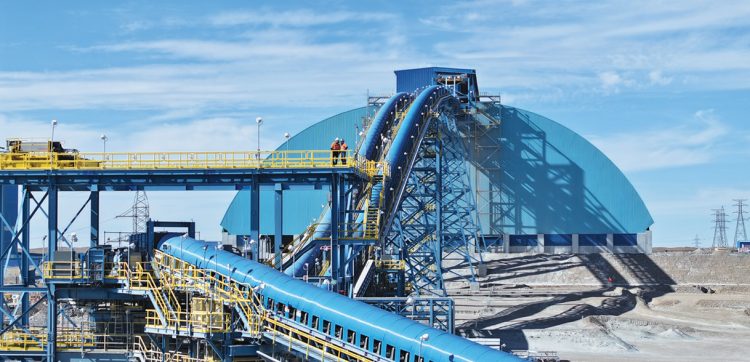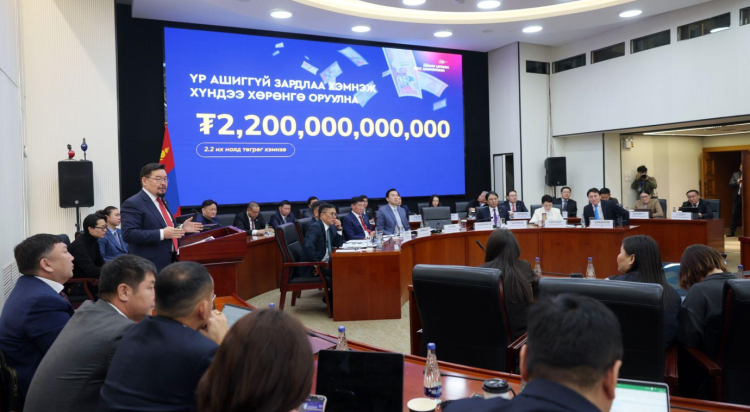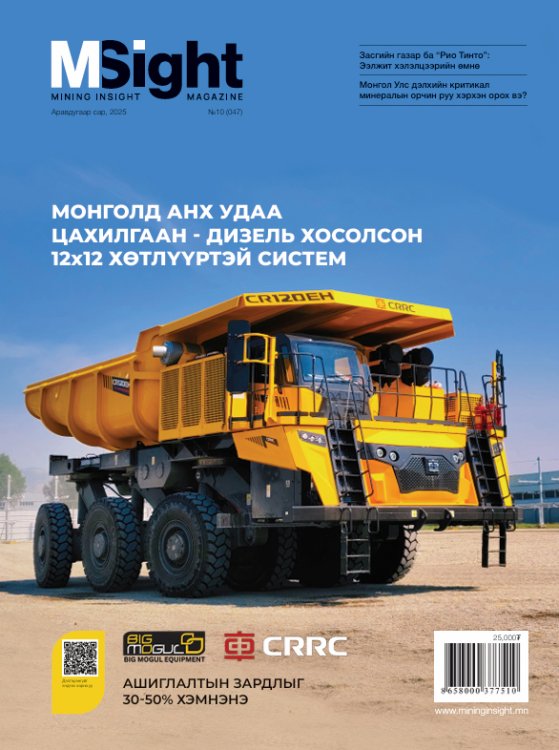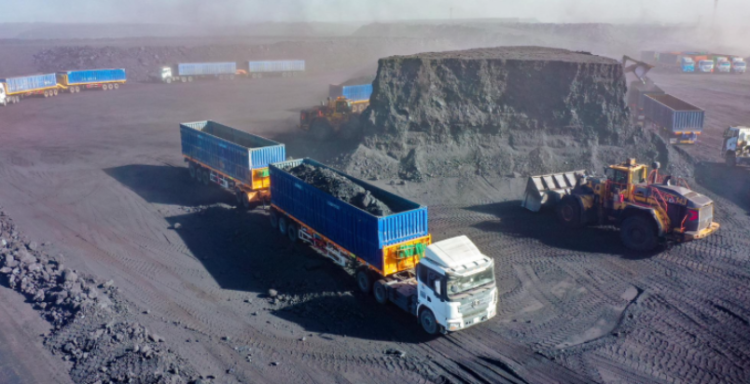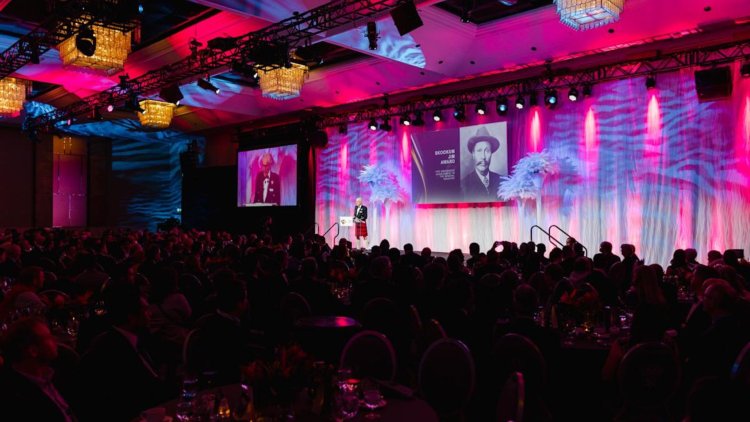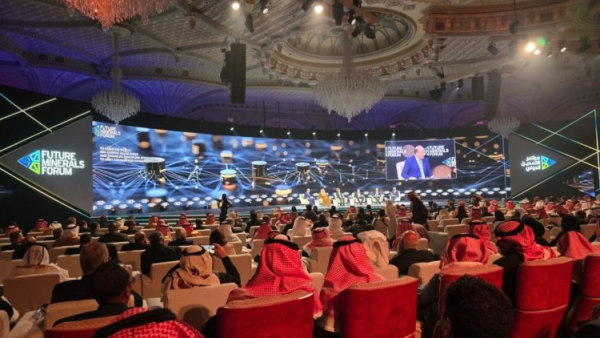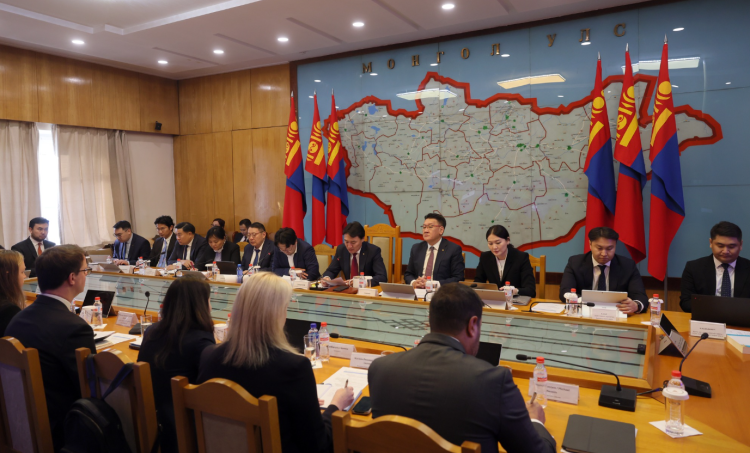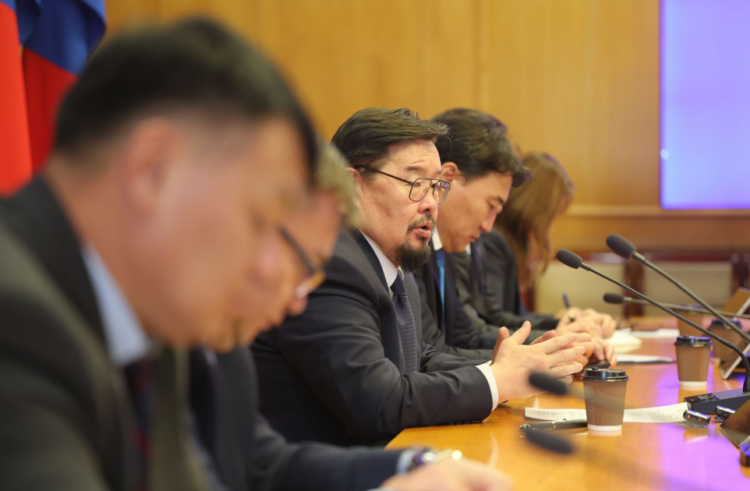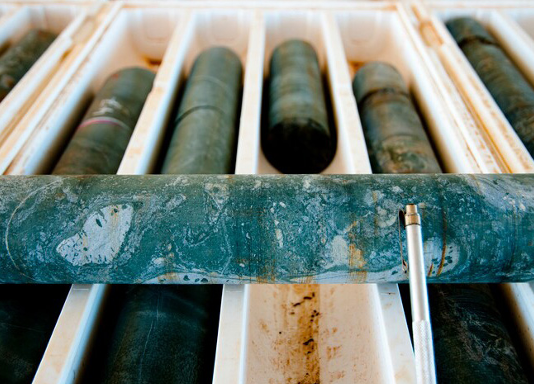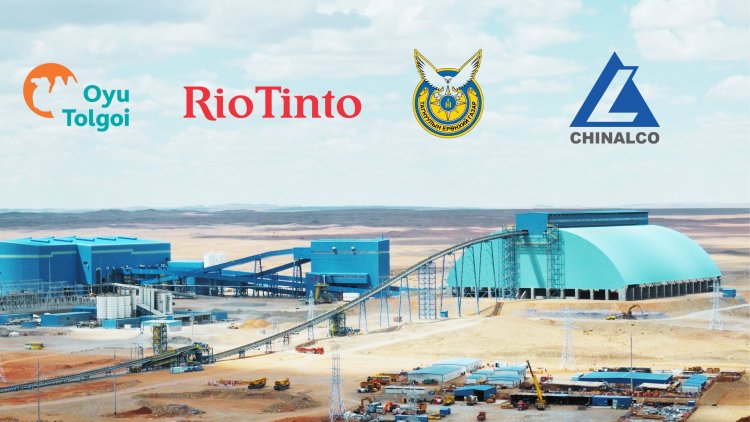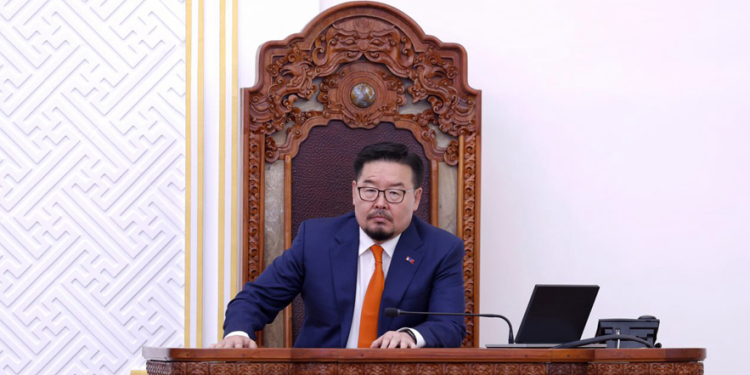 Anar. B, the Head of the Investment Policy Department at the Ministry of Economy and Development, provided insights into investment matters.
Anar. B, the Head of the Investment Policy Department at the Ministry of Economy and Development, provided insights into investment matters.
To boost investment, in which sector should Mongolia allocate its resources?
From 1990 to 2023, Mongolia attracted a total of USD 42.4 billion in foreign investment, with an average annual growth of 27 percent between 2005 and 2010. The positive response from investors, particularly following the Oyu Tolgoi project, led to a peak in foreign direct investment (FDI), reaching an annual amount of USD 5 billion in 2011 and 2012. However, more than 20 laws, encompassing sectors like agriculture, telecommunications, auditing, and banking, have started hindering the activities of foreign-invested enterprises. In 2012, a law regulating foreign investment in enterprises operating in strategic industries was enacted, causing a sharp decline in foreign investment, with the figure dropping to USD 1.4 billion in 2015. This law primarily restricted investment in mining and other sectors, and over the past decade, the Oyu Tolgoi project alone generated about 50% of FDI. Analyzing FDI by sector, the mining sector accounted for 73 percent, the service sector approximately 11 percent, finance and insurance 4 percent, and other sectors around 13 percent. Foreign-invested enterprises significantly contribute to the state budget, constituting 25-30 percent, and generate 50 percent of tax revenue, including subsidiaries. The commencement of underground production at the Oyu Tolgoi last year, with activities expanding on a larger scale, has positively impacted the economy. Initiating mega projects such as Oyu Tolgoi is crucial for the government to stimulate economic growth. One such project is the “Zuuvch-Ovoo” uranium deposit project owned by Badrakh Energy LLC, a joint venture between Mongolia and France, with a total investment of USD 1.6 billion over the project’s entire duration. This project holds strategic importance for Mongolia.
Mining stands as a pivotal sector for attracting investments, offering promising opportunities and abundant raw material resources for potential development of copper concentrators, iron ore concentrators, and advanced steel plants. While Mongolia’s economy is predominantly miningdriven, overreliance on a single sector heightens economic vulnerability. To mitigate this risk, there is a pressing need to diversify the economy by fostering the development of other sectors. Unlocking the full potential of industries like energy, infrastructure, agriculture, tourism, and free zones is crucial. Moreover, enhancing the processing stage within the mining sector has the potential to significantly boost GDP. For instance, the establishment of small-scale factories for copper anode and cathode processing could facilitate export diversification. In the mining market, fluctuations occur, with normal iron ore prices but falling concentrate prices. Establishing processing plants becomes imperative to reduce economic dependence on raw material price fluctuations. Mongolia’s foreign exchange reserves are primarily composed of key entities such as Erdenes Tavan Tolgoi LLC, Oyu Tolgoi LLC, and Erdenet Mining Corporation SOE. Although direct investment in the Oyu Tolgoi project is expected to decrease from next year, a steady inflow of foreign exchange (FX) from exports is anticipated to be maintained at a higher level.
Investments play a pivotal role in driving the implementation of major development projects in the country. Hence, it is crucial to enhance, rather than diminish, the influx of FDI.
Various components contribute to GDP, with the growth of household consumption being the least volatile. Conversely, the expansion of exports entails higher sensitivity. During the pandemic, exports virtually came to a halt, resulting in a decline in FX inflows and the depletion of FX reserves. Essentially, the outflow surpassed the inflow. A notable instance is the year 2012, when the focus on increasing exports led to the perception that foreign investment was unnecessary. Consequently, foreign investment has not experienced significant growth over the past decade. In response, efforts are underway to foster openness, stabilize the legal environment for investments, and create favorable business conditions for foreign investors. Investors are hesitant to undertake risks in a country where investment laws and the business environment are uncertain and subject to constant change.
What specific legal and policy conditions are Mongolia endeavoring to establish to attract foreign investment?
The clarity and transparency of government policies and legal frameworks regarding the investment and business environment hold significant importance for foreign investors. Investment and trade are closely intertwined. The Ministry of Economy and Development is actively working towards creating a favorable environment for foreign trade while simultaneously aiming to reduce investment costs. A major initiative within this framework is the ongoing establishment of a Free Trade Agreement between Mongolia and the Eurasian Economic Union, slated for completion within the current year. Upon its conclusion, the agreement is expected to enable Mongolia to export over 400 agricultural products to Russia duty-free, with streamlined customs conditions. Furthermore, the first round of negotiations on the Economic Partnership Agreement between Mongolia and the Republic of Korea took place in December of the previous year. Assuming no delays due to elections, efforts are underway to finalize the agreement in the first quarter of the upcoming year. During the negotiations, Korea expressed interest in rare-earth elements. Beyond mining products, the focus is on reducing taxes on agricultural products, facilitating trade, and simplifying customs clearance for over 800 products. Notably, one section of the Agreement on Economic Partnership specifically addresses investment protection, creating favorable conditions for substantial investments from South Korea.
Towards the end of the previous year, China extended an offer to sign a free trade agreement with Mongolia, with only a 10 percent customs duty on imported final products. This low tax is advantageous, especially considering the high taxes imposed on unprocessed export products in Mongolia. A free trade agreement is anticipated to mitigate these taxes and establish nontariff barriers or quotas, addressing issues like animal diseases. Signing such an agreement with China is crucial for reducing the cost of exporting products manufactured in Mongolia. Government intervention is pervasive across all sectors of our country, but the Ministry of Economy and Development advocates for the liberalization of free markets and sectors. In the realm of road transport, UBTZ JV provides cost-effective goods transportation, contrasting with higher prices in the private sector due to government involvement. The government’s determination of prices for goods and services, rather than market forces, has led to market distortions, and efforts are underway to rectify this situation. Examining changes and measures taken in the airline industry over the past year, economic capacity has increased. The introduction of other airlines has fostered competition, resulting in profitable operations for MIAT. Notably, the number of weekly flights between Ulaanbaatar and Seoul has significantly increased from 14 to approximately 53. The energy sector, where the government sets tariffs for electricity and heat, sees entities like Shivee-Ovoo JSC and Baganuur JSC supplying coal at lowerthan-market prices, offsetting losses elsewhere. To introduce competition and market-driven pricing, there are plans to transition the energy sector to a free market principle, allowing the private sector to participate. This shift aims to enable independent development of the sector without the necessity for government-built stations, and measures are being planned to establish this foundational condition. The approval of the Law on Permits, governing the legal business environment, is a significant development. Collaborating with the Ministry of Digital Development and Communications, efforts are underway to transition all types of special permits issued by government organizations at all levels to a fully electronic system at the level of law enforcement.
What advancements have been achieved at the policy level regarding investment in Mongolia with the establishment of the Ministry of Economy and Development?
In the past, the absence of a system to address investors’ grievances related to the improper actions of government institutions and the lack of a platform to safeguard their interests contributed to instances where investors withdrew their investments and exited Mongolia. The Ministry of Economy and Development places significant emphasis on protecting the legal interests of investors and has established a mechanism for receiving and addressing complaints from them. Disputes with the government are thoroughly studied, presented at cabinet meetings, and monitored as necessary. Within this framework, the ministry has successfully resolved complaints submitted by 32 foreign-invested companies operating in renewable energy, mining, and other sectors under Government Resolution No. 413 of 2022. Additionally, complaints from 32 foreigninvested enterprises operating in renewable energy, mining, and other sectors, including mining, oil, food, and travel, under Resolution No. 160 and 413 of 2023, have also been addressed.
15 complaints submitted by 11 foreign-invested enterprises in the tourism, civil aviation, and construction sectors have been fully resolved. The ministry instructs relevant organizations and officials to promptly address these complaints under the law.
Accepting and resolving investors’ complaints and disputes is a measure aimed at safeguarding the interests of businesses and simultaneously reducing bureaucratic obstacles and inconsistencies within government institutions. The Investment and Trade Department, the implementing agency of the government responsible for attracting, promoting, supporting, and protecting investments, has also commenced its activities. This department provides advice and information to investors and offers one-stop services to facilitate their engagement.
Which regulations do you believe are reflected in the revised Investment Law?
The draft revision of the Investment Law introduces noteworthy changes, aligning the guarantees provided to investors with international best practices. It removes certain regulations that previously restricted and limited investment activities. Additionally, the revised law includes provisions ensuring the right of investors to opt for arbitration instead of Mongolian courts if they so desire. A significant addition is the establishment of the Investor Rights and Interests Protection Council, forming a grievance redressal system. This approach fosters a collective discussion to assess whether the investor or the government is in the right, rather than relying on an individual to resolve the issue. If an investor suffers harm, the council will provide recommendations to the government, leading to a decision on the matter.
Mining Insight Magazine, February 2024



